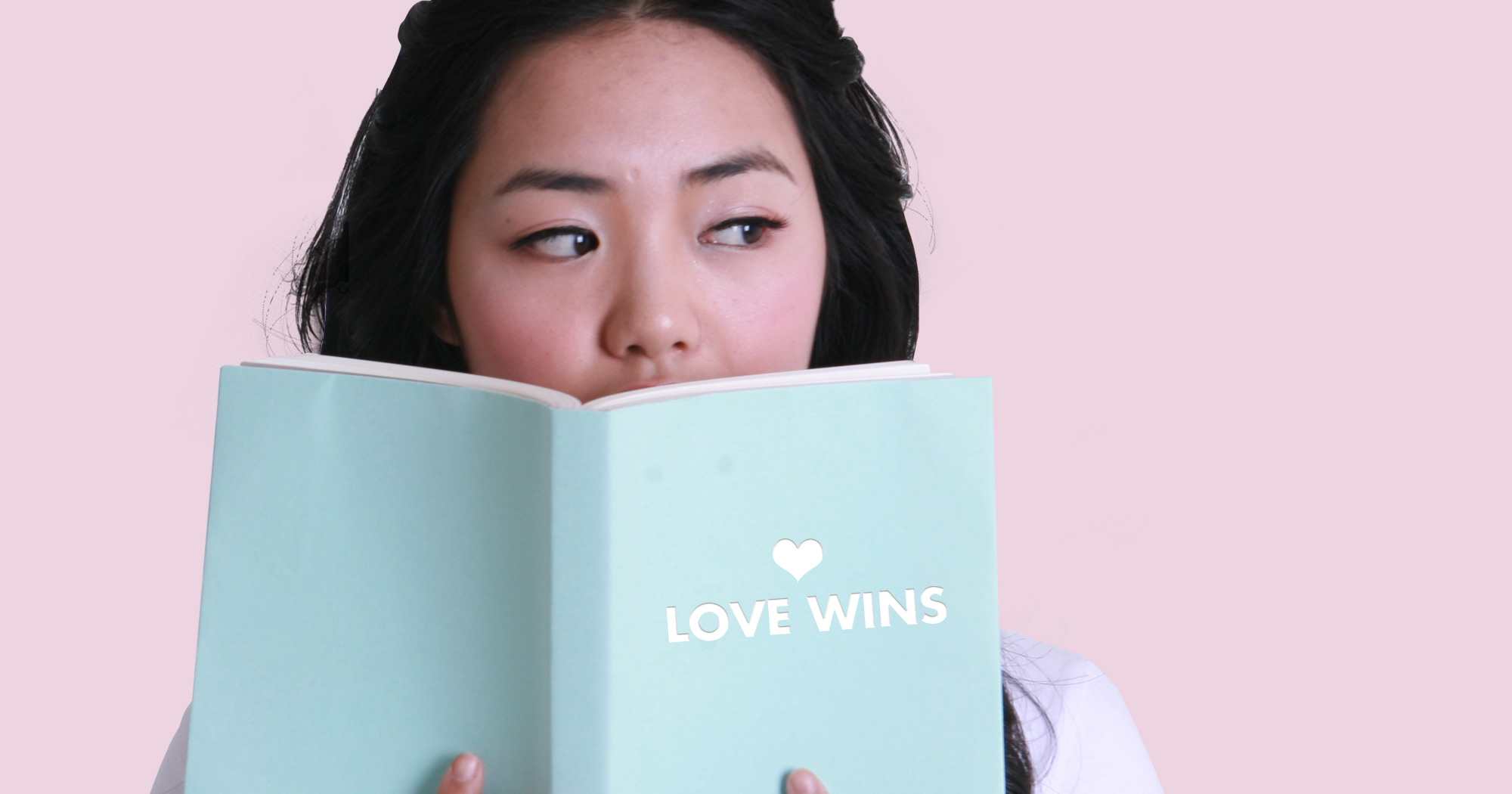Not Quite Over the Rainbow: Getting LGBT Books to Readers Who Need Them

“It is what you read when you don’t have to that determines what you will be when you can’t help it.“ —attributed to Oscar Wilde.
Whether or not he actually did say it, this aphorism captures the experience of many who have found their true selves, sometimes surreptitiously, among the stacks at their local library. As Wilde’s own life illustrated, sometimes even the most witty, charming, and gifted individuals among us can experience the punishment of social exclusion (even the criminalization of identities, interests and behaviors).
Thankfully, for folks who see part of themselves in the LGBTQ spectrum, popular culture and law in many parts of the world have changed a great deal in the last hundred years. The millennial generation has grown up with positive representations of gay characters on television and in film, and have seen a boon in publishing of stories that tell tales more closely reflecting sexual diversity. Still, some institutions, especially those with limited budgets or conservative governing bodies, have been reluctant to serve this prismatic community.
“Lack of funds will always be used as an excuse not to have ‘everything’,” says Ken Setterington, former children and youth advocate for the Toronto Public Library system, which boasts more than 1.3 million cardholders. Now retired, Setterington spent many years working on behalf of young people to make sure much-needed books were available. At first the sheer lack of titles reflecting the lives of LGBTQ people was a roadblock. Now, even some of the most mainstream publishing houses are including lesbian and gay characters. “I was especially thrilled when Dav Pilkey made one of his characters in the Captain Underpants series gay,” says Setterington. “I believe that all young people need to see themselves reflected in the books they read.”
Frequently Taken, But Not Checked Out
Despite theses changes, “So many librarians will flat out tell you LGBTQ YA is the most frequently taken without being checked out,” author Dahlia Adler (@MissDahlELama) recently tweeted. “LGBTQ books very popularly get smuggled,” she adds, “No record of having it; no librarian interaction.” Others quickly chimed in on the topic, making it clear that many people still feel they will face stigma when seeking out reading material that deals with these subjects.
In the past, “it was assumed that unless someone was specifically asking for LGBTQ materials there wasn’t a need.” Setterington reflects. “I had to remind librarians that sometimes people don’t ask.”
Of course, it’s not only LGBTQ people who read books featuring characters of varied sexual and gender identities. “Reading builds empathy for others,” Setterington reminds.
Expanding access to diverse e-books is one proposed solution to the problems of missing or “misplaced” LGBTQ titles. “It might cut down on theft,” notes Mississippi librarian and library consultant Ally Watkins (@aswatki1) “but more importantly, it’ll help kids who feel embarrassed or unsafe checking out the print books.”
Digital materials are also more difficult for rogue detractors, whether on staff at a library or in the general public, to “lose,” deface and/or destroy.
When it comes to creating a more inclusive and welcoming space, Setterington suggests “displays and book talks are crucial.”
Authors With Personal Connection
Setterington recommends seeking out titles that are written by people who have a personal connection to LGBTQ subject matter, and are not simply trying to “be inclusive.” Thanks in part to the evolving nature of independent publishing, there has been a proliferation of small presses dedicated to serving this sector. Lambda Literary, perhaps the longest-running organization devoted to promoting the best of LGBTQ literature, hosts a list to dozens of dedicated presses as well as LGBTQ -friendly publishing houses. Since 1989, Lambda has granted yearly awards to the best books in a growing number of categories, including poetry, erotica, graphic novels, and speculative fiction.
The inclusion of zines (low-tech DIY magazines, often made on photocopiers and usually available at very low cost or on a “print-your-own” basis) in the collection can also improve representation from voices outside of the publishing mainstream. The Queer Zine Archive Project hosts an impressive number of scanned titles.
When it comes to bridging the budgetary gaps, “librarians need to know their friends in the community,” Setterington adds, noting that local groups can be invited to hold meetings in the library, and to raise funds to donate books and other materials.
Whether dealing with backlash against Heather Has Two Mommies or the representation of queer nonmonogamy in teen lit, LGBTQ activists in the book world are all-too-familiar with the tactics of would-be censors. Hopefully these experiences will not only solidify the inclusion of more “rainbow”-oriented publications but also, by the very nature of intersectionality, translate into advocacy for under-represented stories of all stripes.
Related Blogs
It Takes a Village Library: Raising LGBT Awareness in Young Children
6 LGBT Books to Celebrate Pride Month
Patty Comeau is a freelancer based in the rural upper Appalachians and can be found on twitter @pattycomeau.
Patty Comeau

